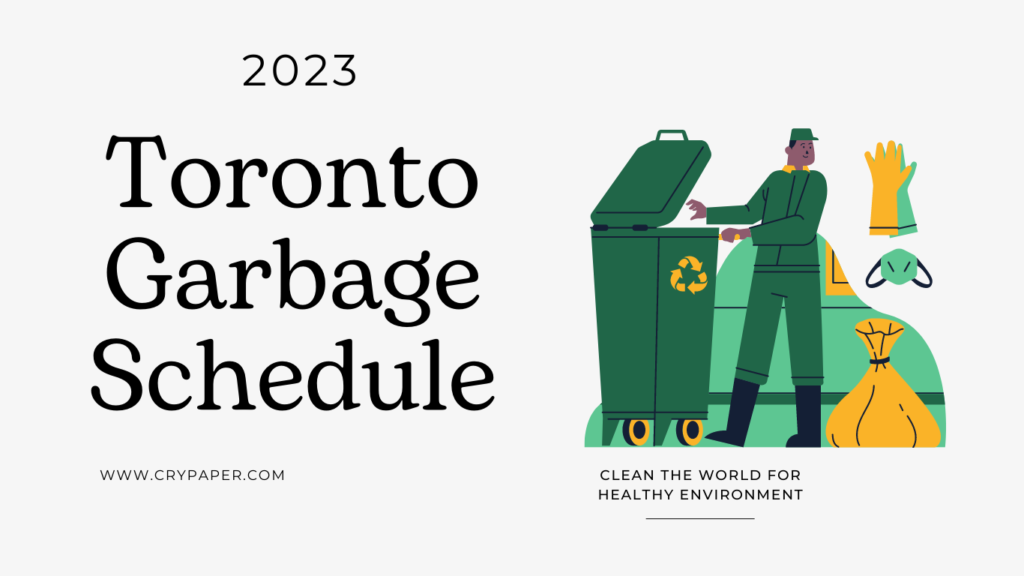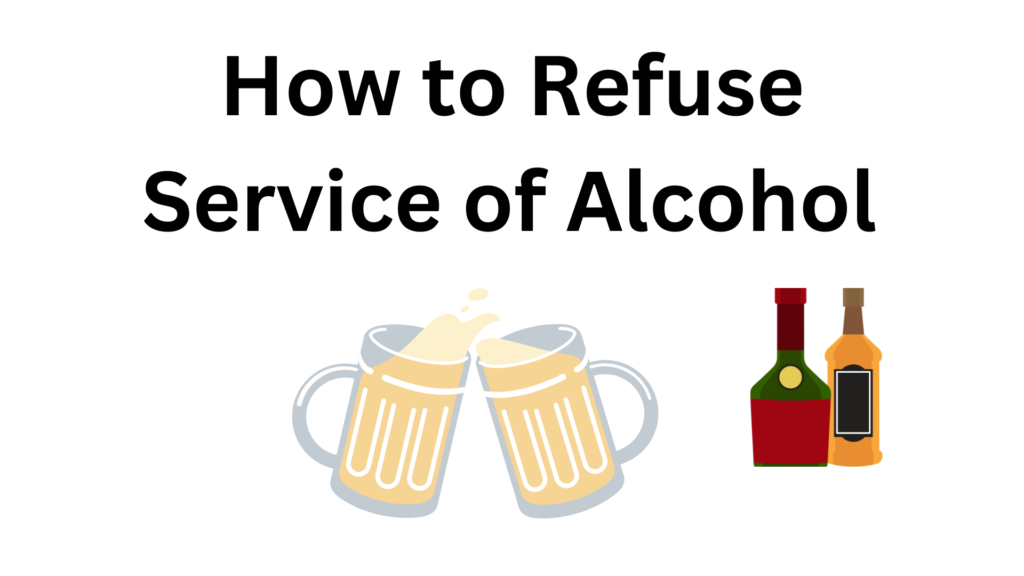Introduction
In recent years, egg donation has become an essential aspect of assisted reproductive technologies, offering hope to individuals and couples facing fertility challenges.
This altruistic act allows healthy women to donate their eggs to help others build families. If you're considering becoming an egg donor or want to learn more about the process, requirements, compensation, risks, and benefits, this comprehensive guide is for you.
The Egg Donation Process
Egg donation involves several essential steps that both donors and recipients need to be familiar with:

Medical Screening and Evaluation
Prospective egg donors undergo a rigorous medical evaluation to ensure they meet the necessary health criteria. This includes physical examinations, blood tests, genetic screenings, and ultrasounds. The process aims to assess the donor's ovarian reserve, hormone levels, and overall reproductive health.
Legal and Ethical Considerations
Before beginning the donation process, donors and recipients must understand and agree to the legal and ethical aspects involved. Legal contracts are drawn up, clearly defining the rights and responsibilities of both parties. It's crucial to seek legal counsel to ensure all parties are protected.
Hormonal Stimulation and Egg Retrieval
Once medical and legal clearances are obtained, the donor's menstrual cycle is synchronized with the recipient's cycle. The donor then receives hormone injections to stimulate multiple egg production. During the egg retrieval procedure, eggs are collected from the ovaries using a thin needle guided by ultrasound. This minimally invasive procedure is done under sedation, ensuring the donor's comfort.
The Role of Fertility Clinics
Fertility clinics play a pivotal role in coordinating the entire egg donation process. They facilitate communication between donors and recipients, conduct medical and psychological assessments, and oversee the egg retrieval process. Working with a reputable and experienced fertility clinic is essential for a smooth and successful egg donation journey.

Requirements for Egg Donation
Becoming an egg donor involves specific requirements to ensure the safety and well-being of both the donor and the future child:
Age and Health Criteria
Most clinics prefer donors between the ages of 21 and 32. Younger donors typically have a higher ovarian reserve, leading to more viable eggs. Additionally, donors must be in good overall health and have no significant hereditary health issues.
Mental and Emotional Readiness
Egg donation can be an emotionally complex journey. Donors must be mentally prepared for the process and understand the potential impact on their emotional well-being.
Willingness to Undergo Medical Procedures
Egg donation involves regular medical appointments and the egg retrieval procedure itself. Donors should be comfortable with these medical interventions.
Family Medical History Assessment
Clinics carefully evaluate a donor's family medical history to identify any potential hereditary conditions or diseases that may impact the offspring.

Compensation for Egg Donation
Egg donors often receive compensation for their time, effort, and commitment. Compensation packages vary and can include monetary payment, coverage of medical expenses, and other non-monetary benefits:
Financial Remuneration for Donors
Compensation amounts depend on various factors such as location, clinic policies, and donor characteristics. Generally, higher compensation is offered for donors with exceptional qualifications.
Non-Monetary Benefits and Support
Aside from financial compensation, donors may receive emotional support and counseling during their journey. Many clinics provide additional benefits such as wellness services or free fertility treatments in the future.
Understanding Compensation Packages
Clinics will outline their compensation packages, ensuring that donors fully understand what they will receive in exchange for their generous act.
Risks and Benefits of Egg Donation
Egg donation comes with both risks and rewards:
Potential Health Risks and Side Effects
While egg donation is generally safe, some risks exist, such as ovarian hyperstimulation syndrome, infection, and anesthesia-related complications. However, these risks are rare, and donors are closely monitored throughout the process.
Emotional and Psychological Considerations
Donating eggs can be emotionally rewarding, but it may also bring about complex feelings. Counseling and emotional support are typically available to donors throughout their journey.
The Joy of Helping Others Conceive
The primary benefit of egg donation is the profound impact it has on the lives of hopeful parents who have struggled with infertility. Knowing that you've played a vital role in creating a new family is an indescribable feeling.

Disqualifiers for Egg Donation
While many individuals are eligible to become egg donors, some conditions and lifestyle factors may disqualify potential donors:
Medical Conditions and Disqualifications
Certain medical conditions, such as a history of certain genetic disorders or chronic illnesses, may preclude individuals from becoming donors.
Lifestyle Factors and Exclusions
Drug use, smoking, or engaging in high-risk behaviors could disqualify potential donors due to the potential impact on egg quality and overall health.
Egg Donation in Texas
Texas is home to many reputable fertility clinics that offer advanced egg donation services:
Overview of Egg Donation Practices in Texas
Texas boasts a robust and supportive egg donation community, making it an attractive option for both donors and recipients.
Legal Regulations and Protections
Understanding the legalities surrounding egg donation in Texas is crucial for both parties involved. Texas law provides clear guidelines to protect all parties' rights and ensure a smooth process.
Finding Reputable Egg Donation Centers
When searching for egg donation centers in Texas, consider factors such as success rates, donor support, and the clinic's overall reputation.
Egg Donation in Florida
Florida has also seen a rise in egg donation services:
The Growing Trend of Egg Donation in Florida
Florida offers a welcoming environment for egg donors, with state-of-the-art fertility clinics catering to the needs of donors and recipients alike.
Supportive Community and Resources
Florida's egg donation community is known for its supportiveness, providing a network of resources for those embarking on the egg donation journey.
Legal Aspects to Consider
As with any state, it's essential to be aware of the legal requirements and protections for egg donors in Florida.
Finding Egg Donation Centers Near You
If you're considering becoming an egg donor, finding a reputable clinic near you is vital:
Researching Local Fertility Clinics
Conduct thorough research to find clinics with a successful track record and positive feedback from both donors and recipients.
Choosing the Right Center for You
Select a clinic that aligns with your values and priorities, ensuring you have a comfortable and supportive experience.
Seeking Recommendations and Reviews
Ask for recommendations from others who have gone through the egg donation process or read reviews from donors to make an informed decision.
Qualifications For Egg Donation
Egg donation is a generous and altruistic act that has helped countless individuals and couples fulfill their dreams of starting a family. As an egg donor, your contribution can make a profound impact on someone's life. However, becoming an egg donor involves meeting specific qualifications to ensure the safety and success of the process. In this article, we'll explore the essential qualifications for egg donation, providing you with a comprehensive understanding of what it takes to become an egg donor.
1. Age and Health Criteria
One of the primary qualifications for egg donation is meeting the age and health requirements. Most fertility clinics prefer donors to be between the ages of 21 and 32. Younger donors typically have a higher ovarian reserve, resulting in a greater number of viable eggs. Additionally, donors must be in good overall health and have no significant hereditary health issues.
2. Mental and Emotional Readiness
Egg donation can be an emotionally complex journey, so it's essential for donors to be mentally and emotionally prepared for the process. Donating eggs is a selfless act that requires a strong sense of commitment and empathy towards the intended parents. Donors should consider the emotional implications of their decision and be prepared to cope with any feelings that may arise during the process.
3. Willingness to Undergo Medical Procedures
Egg donation involves various medical procedures, including hormonal stimulation and the egg retrieval process. Donors must be comfortable with injections, regular medical appointments, and the egg retrieval procedure itself. While the process is generally safe, it's crucial for donors to be willing to follow all medical guidelines and recommendations provided by the fertility clinic.
4. Family Medical History Assessment
Fertility clinics will carefully evaluate a potential donor's family medical history. This assessment aims to identify any hereditary health conditions or genetic disorders that may impact the offspring. While not all medical conditions automatically disqualify a donor, certain genetic conditions may make it necessary for an individual not to proceed with egg donation.
5. Non-Smoking and Healthy Lifestyle
Maintaining a healthy lifestyle is essential for egg donors. Smoking can negatively affect egg quality and overall fertility, making it a disqualifying factor for many fertility clinics. Donors should be non-smokers and lead a healthy lifestyle, which includes regular exercise, a balanced diet, and limited alcohol consumption.
6. Willingness to Comply with Legal and Ethical Considerations
Egg donation involves legal and ethical aspects that donors must be willing to comply with. Donors and recipients will be required to sign legal agreements outlining their rights and responsibilities throughout the process. Seeking legal counsel to fully understand the legal implications is essential for both parties.
7. Previous Pregnancy and Birth History
While it's not always a requirement, some clinics prefer donors who have previously experienced a successful pregnancy and birth. This history can provide reassurance regarding the donor's fertility and ability to carry a pregnancy to term.
Conclusion
Egg donation is a remarkable journey that allows individuals to contribute to the fulfillment of another's dream of starting a family. By becoming an egg donor, you provide hope and happiness to couples who have struggled with infertility. Remember, while the process may involve certain risks, the positive impact you can make is immeasurable. So, if you're ready to embark on this selfless and life-changing path, reach out to a reputable fertility clinic today.
Is egg donation safe?
Egg donation is generally safe, with the donor's health closely monitored throughout the process. However, like any medical procedure, there are some risks involved, although they are relatively rare.
How long does the egg donation process take?
The egg donation process typically takes about 4-6 weeks, including medical screenings, hormonal stimulation, and egg retrieval.
Can I donate my eggs multiple times?
Yes, some donors may be eligible to donate their eggs more than once, depending on their overall health and individual clinic guidelines.
What happens if I change my mind during the process?
Egg donation is entirely voluntary, and donors have the right to withdraw at any point before the final legal agreement is signed
How will egg donation affect my fertility in the future?
Egg donation should not have any long-term impact on a donor's fertility, as only a small number of eggs are retrieved during each cycle. The donor's ovaries will continue producing eggs naturally after the process is complete.


